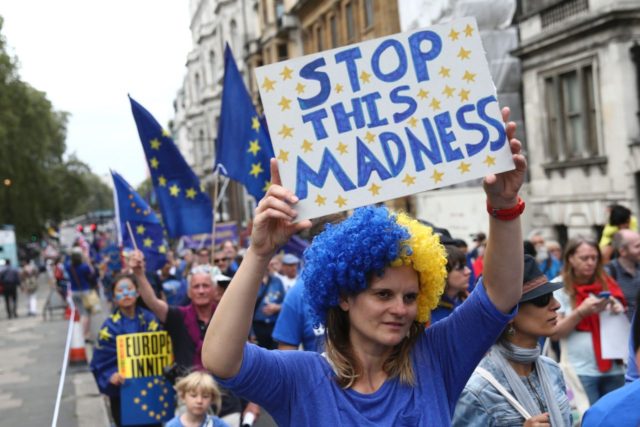The Guardian newspaper has pinned the blame for Britain’s universities sliding down the global rankings on Britain’s recent vote to leave the European Union (EU) – even though the research which makes up the rankings was completed before the historic vote on June 23rd, and other European countries’ institutions rankings also took a tumble.
Reporting on the news that some British universities have seen their rankings, as measured by higher education data specialists QS, slip marginally – Cambridge University was elbowed out of the top three for the first time since the rankings began twelve years ago – The Guardian pointed the finger firmly at Brexit.
“Uncertainty over research funding and immigration rules blamed for decline,” the paper splashed under its headline. Yet in its report, QS said that the fall of British universities could not be blamed fully on Brexit, and pointed out that the surveys used to construct the table were completed before the vote to leave the EU.
Moreover, French, Portuguese, Italian, and German institutions have also suffered a slide in rankings as Asian universities increase their competitiveness, pointing to an EU-wide malaise rather than a specifically British problem.
In fact, the British universities’ results are a mixed bag. Although Cambridge did slide from joint third place in 2015 with Stanford University to fourth place in 2016, Stanford actually overtook both Cambridge and rival Harvard to claim second place this year.
Imperial College, London also slipped marginally, from eighth place in 2015 to ninth place this year; but both Oxford University and University College, London, maintained their 2015 rankings, in sixth and seventh place respectively.
Meanwhile, the University of Manchester and Edinburgh University both climbed in the rankings, while London claimed top spot as the city with more top 40 institutions than any other in the world. In total, Britain is home to 30 institutions in the top 200 listing.
London’s mayor, Sadiq Khan, said: “Boasting more of the globe’s top universities and welcoming the most international students, London is the higher education capital of the world and I want to make sure it stays that way.”
Nevertheless, the government’s critics are willing to play up the uncertainties caused by Brexit to talk down Britain’s higher education sector.
Nick Hillman, director of the Higher Education Policy Institute, said the government couldn’t be trusted to maintain funding into research post-Brexit.
“We don’t know where Brexit is going to take us. We do know we have got a prime minister who for all her strengths looks like she is going to continue to have no particular soft spot for universities,” he said.
The slide in British competitiveness in higher education is merely the latest ill to be laid at the feet of Brexit. Yesterday the BBC ran a scare-story warning that leaving the EU could lead to “filthy coastlines and smelly beaches,” as Britain would be released from the EU’s Bathing Water Directive – although there is no evidence that the government plans to relax environmental rules.
In the last two days the Corporation has also run articles warning of “uncertainty over Scottish tourism” post-Brexit; of a spark in home-buying by foreign investors in London, which the Corporation said was pitting investors against “jittery first time buyers”; and of Japan firing a “warning shot” over Brexit, after Japanese car manufacturers with plants in the UK laid out what they would like to see from EU exit negotiations.
Brexit has even been blamed for the world’s biggest uncut diamond failing to sell at auction, the cancellation of company’s annual staff party, and for a rise in the price of bacon, as well as being widely blamed for a rise in hate crime.
So regularly is Brexit being linked to any negative story, that the trend has spawned the hashtag #BlameBrexit on Twitter, which disgruntled Britons are using to blame Brexit for all manner of woes including falling off their bikes, dropping their toast on the floor, and the days getting progressively shorter.

COMMENTS
Please let us know if you're having issues with commenting.